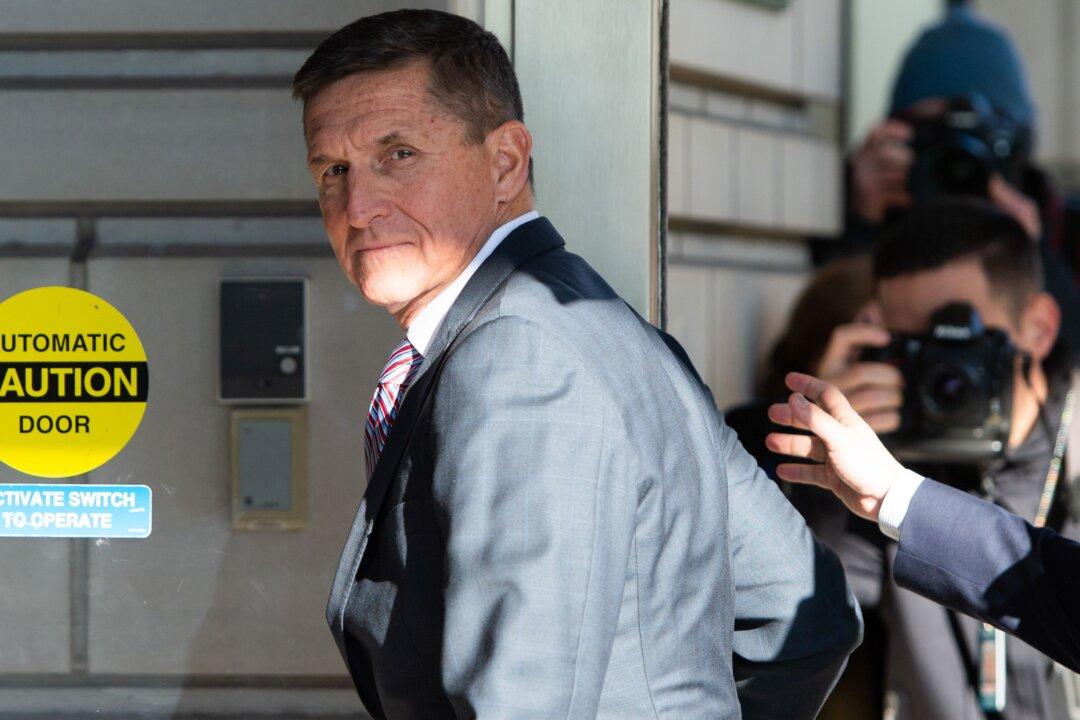The name of Michael Flynn wasn’t masked to protect his identity in transcripts of his calls with a Russian ambassador that were distributed or revealed to President Barack Obama and a number of top officials in his administration, recently released documents indicate.
Information about the calls, including Flynn’s name, was leaked to the media within days, setting off a series of events that cost the retired Army lieutenant general his job as national security adviser, millions of dollars in legal fees, and several years of his life.





